Understanding Nottinghamshire’s groundwater microbial ecosystems
PhD student Archita Bhattacharyya is undertaking a project focused on exploring the ecosystem of microorganisms in groundwater of England.
24/08/2023 By BGS Press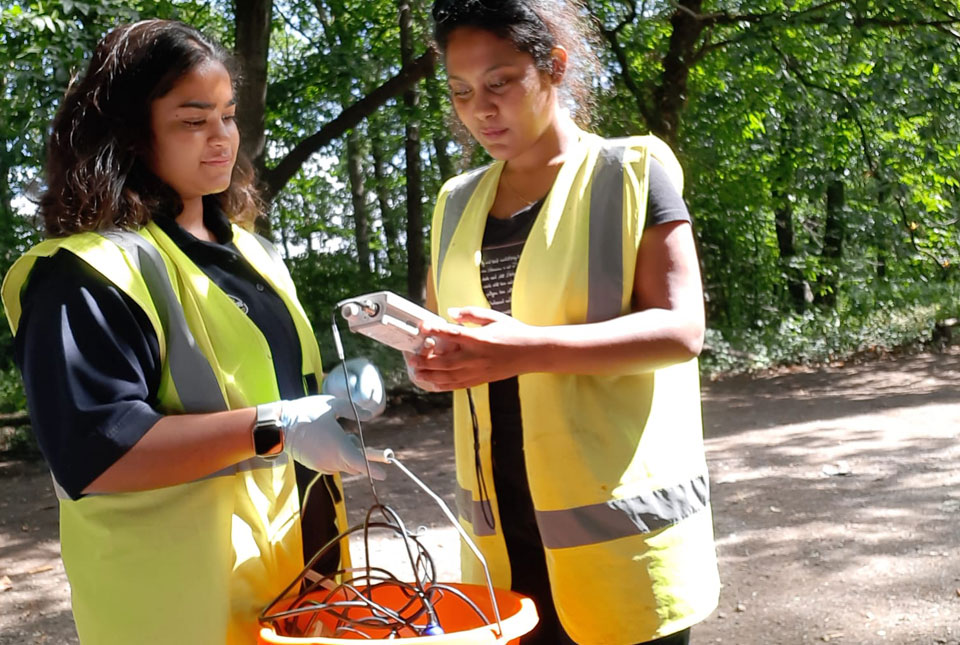
In south England and the Midlands, about 70 per cent of drinking water is sourced from groundwater. This groundwater is home to a wide variety of microscopic organisms that have interactive relationships with the surrounding abiotic and biotic environments, together constituting the groundwater microbial ecosystem. These microbes provide useful services, including pathogenic microbe inactivation and pollutant biodegradation: essentially, the microbes help maintain the quality of the groundwater we consume.
With increasing scientific understanding of groundwater ecosystem services, the water supply companies and Government agencies that are responsible for environmental and public health are paying more attention and investigating the best ways to protect undisturbed groundwater ecosystems. However, this can be difficult because the groundwater and microorganisms are out of sight, making it very tricky to study them. There is also no clear knowledge about what an undisturbed baseline microbial ecosystem should look like or how it can be protected.
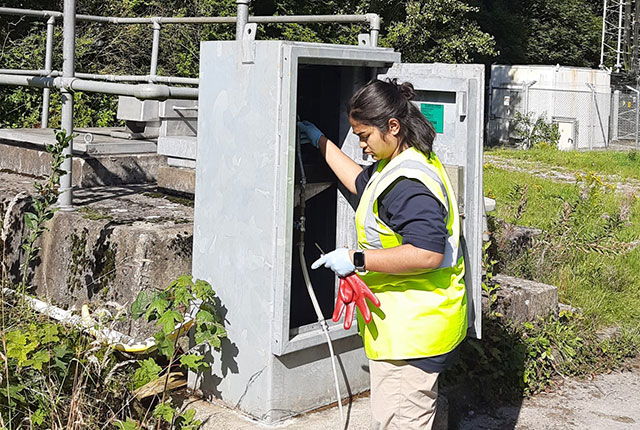
Microbial eDNA sample collection from groundwater pumps © BGS / UKRI
This problem is the focus of my PhD, which I am working on at the BGS’s office in Wallingford, Oxfordshire. For fieldwork, I need to travel all over the Midlands to collect microbial samples from groundwater, which is why I recently travelled to Nottinghamshire and buddied up with Ankita Bhattacharya, another BUFI student who is based at BGS’s headquarters in Keyworth.
Our fieldwork was carried out at the groundwater pumping stations of Severn Trent Water, where raw groundwater is pumped before it is sent to the supply chain. We collected samples to determine environmental DNA (eDNA), nutrients and the age of the groundwater and we recorded different physiochemical parameters like pH, conductivity, dissolved oxygen and groundwater temperature in as many as 11 locations in and around Nottingham.
Having a field buddy made the otherwise exhausting fieldwork experience truly enjoyable for both of us. We got a chance to explore Nottinghamshire in a different way and have seen huge farmlands, chaotic animal farms, dense forests, peaceful villages, quiet lanes and busy roads. We drove on roads with both smooth concrete and no concrete at all, across landscapes with gentle, sloping floodplains and up steep hill roads with hairpin bends, all of which made the experience memorable.
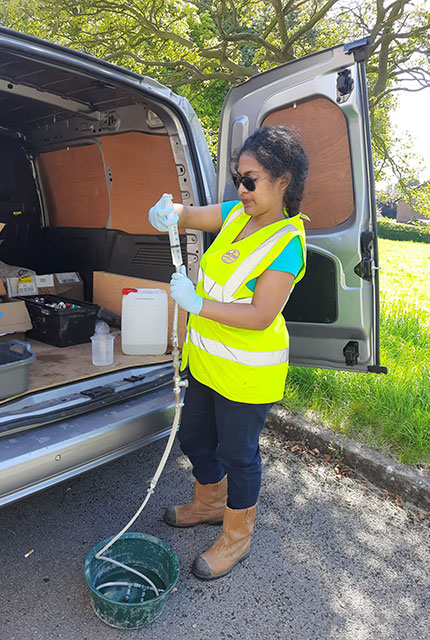
eDNA sampling preparation involves thorough clean up of all equipments © BGS / UKRI
The eDNA we collected will be sequenced to identify the different microbial species present in groundwater. I will then compare the ecosystem collected from the groundwaters of different regions to find variations in undisturbed ecosystems. As part of my project, I will also address the reasons for microbial ecosystem variations and take samples for environmental variables through sampling for chemical analysis of dissolved organic matter, dissolved nitrogen and dissolved carbon.
Funding
Both of Archita and Ankita are studying under the Envision doctoral training programme.
About the authors
Archita Bhattacharyya (Wallingford) and Ankita Bhattacharya (Keyworth) are both BUFI PhD students studying at BGS.
Relative topics
Related news
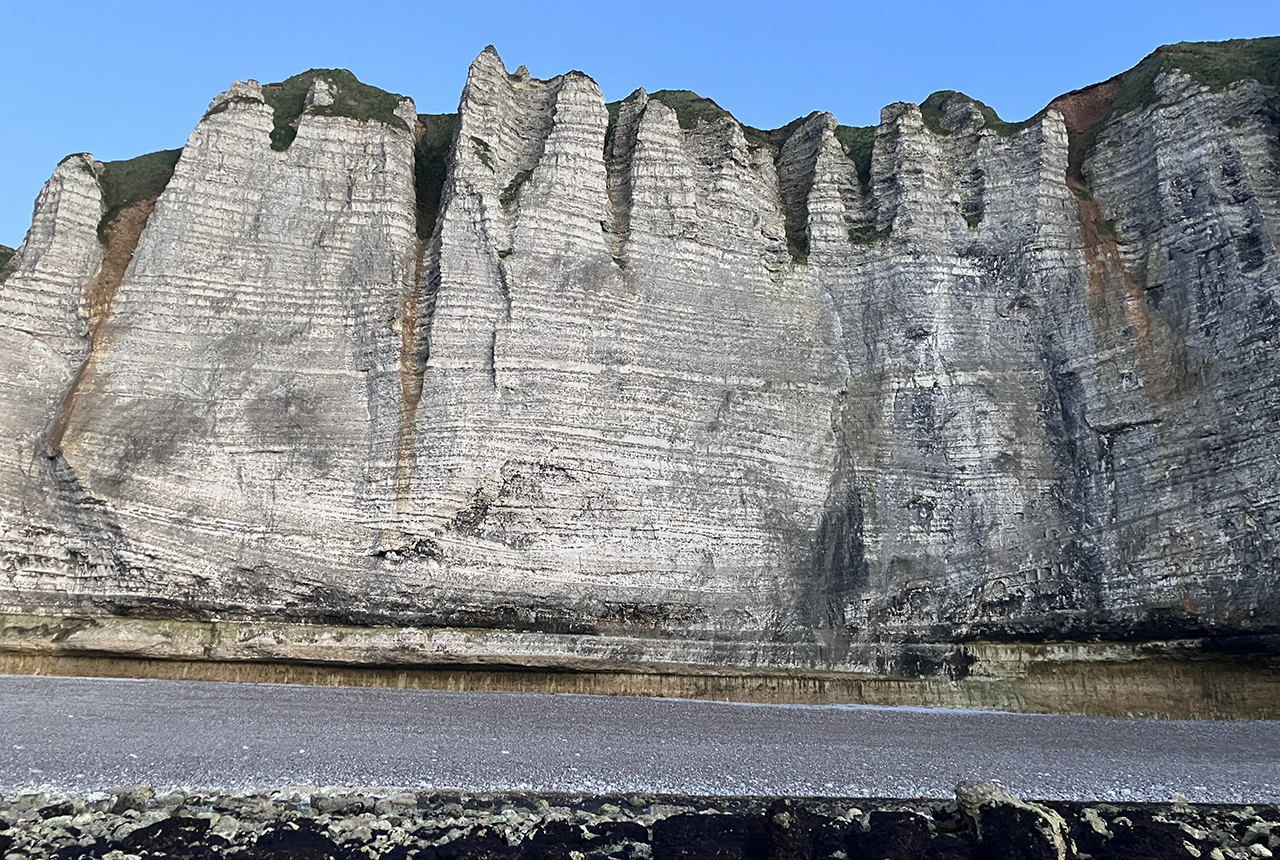
Geology sans frontières
24/04/2025
Geology doesn’t stop at international borders, so BGS is working with neighbouring geological surveys and research institutes to solve common problems with the geology they share.
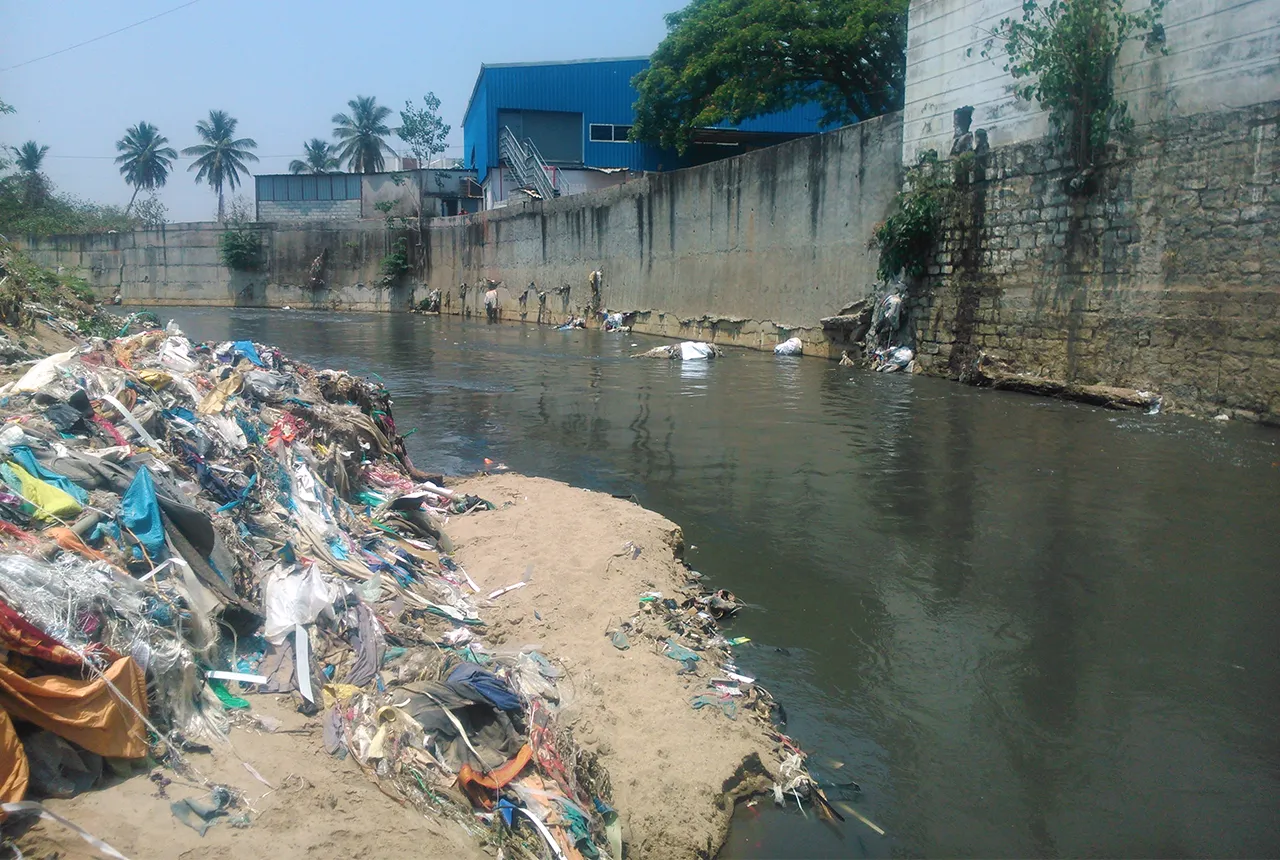
Presence of harmful chemicals found in water sources across southern Indian capital, study finds
10/03/2025
Research has revealed the urgent need for improved water quality in Bengaluru and other Indian cities.
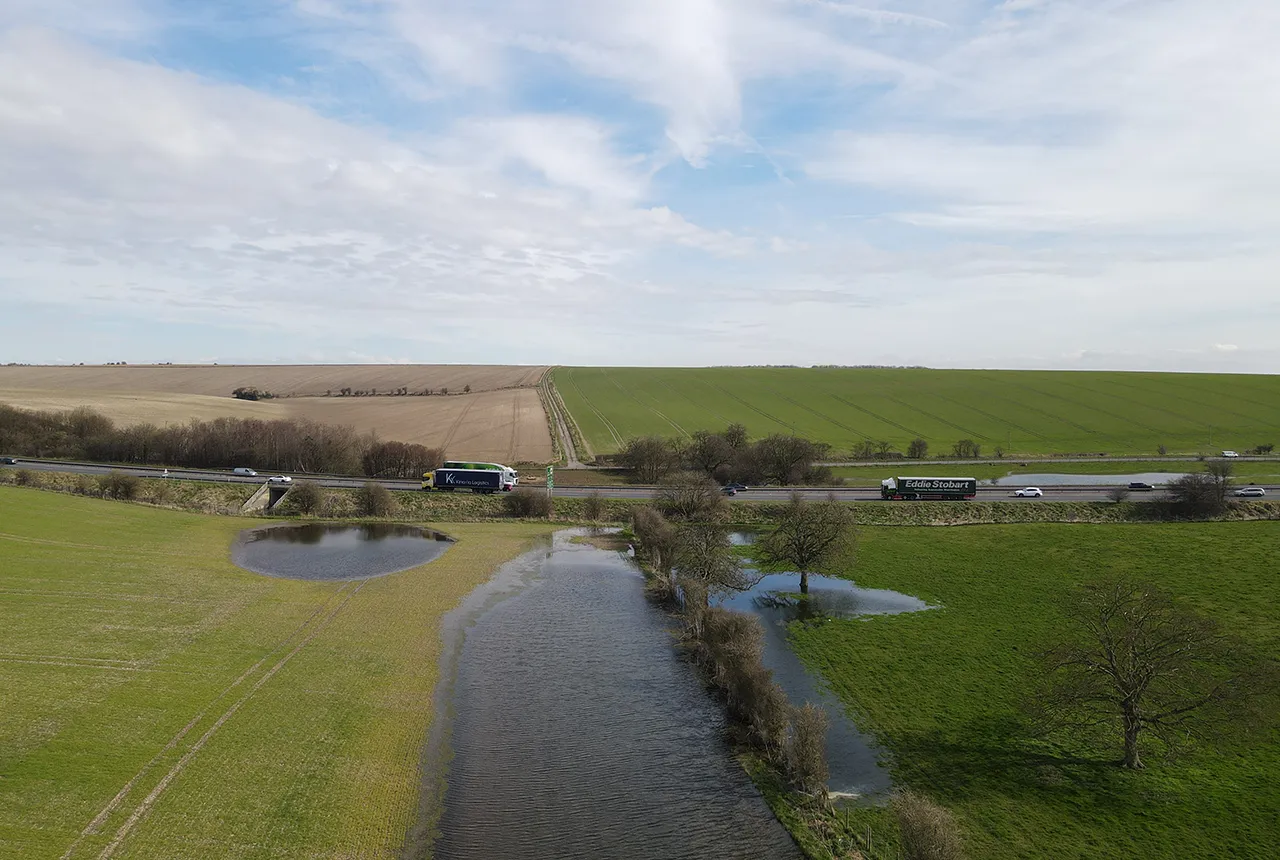
Pioneering tool expanding to analyse agricultural pollution and support water-quality interventions
06/02/2025
An online tool that shows which roads are most likely to cause river pollution is being expanded to incorporate methods to assess pollution from agricultural areas.
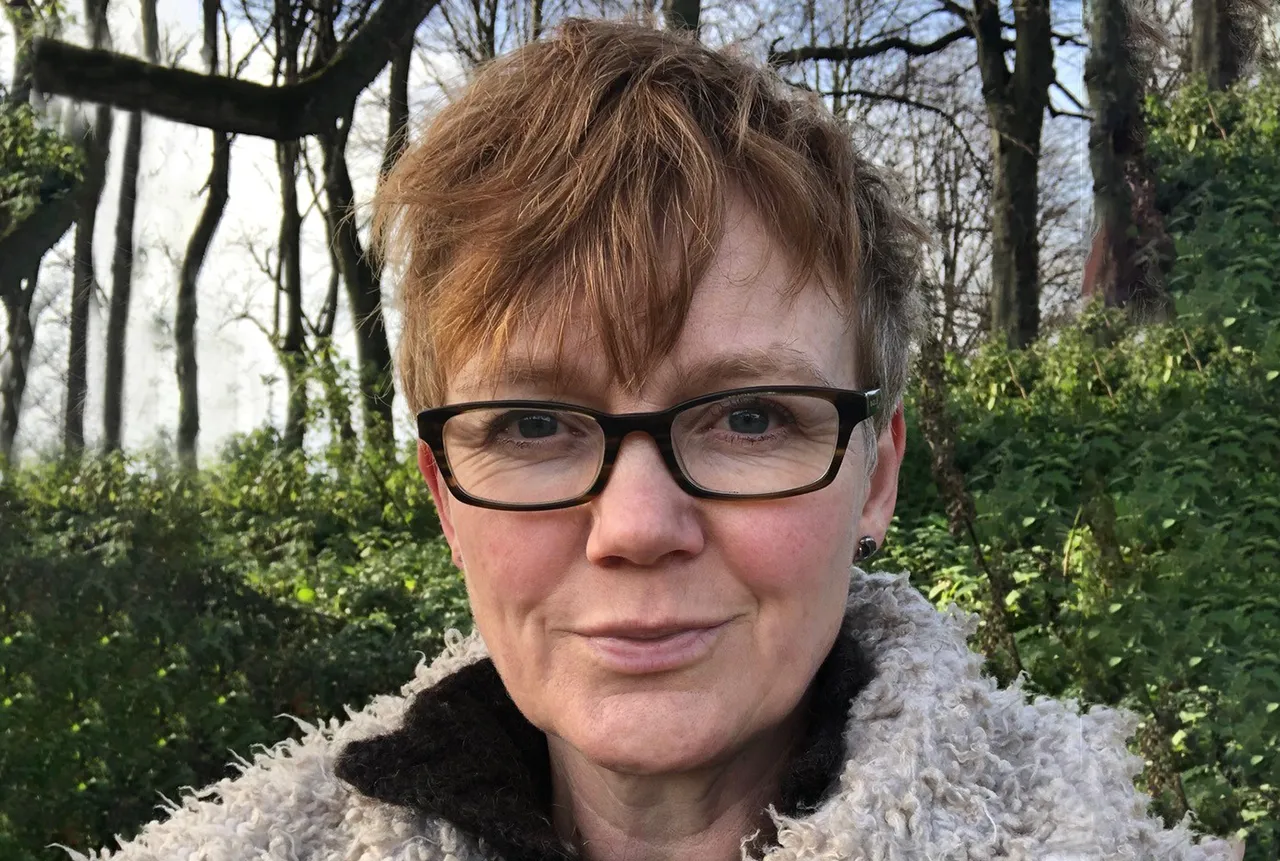
Brighid Ó Dochartaigh honoured with prestigious Geological Society award
27/11/2024
A recently retired BGS employee has been honoured for her contribution to the hydrogeological community.
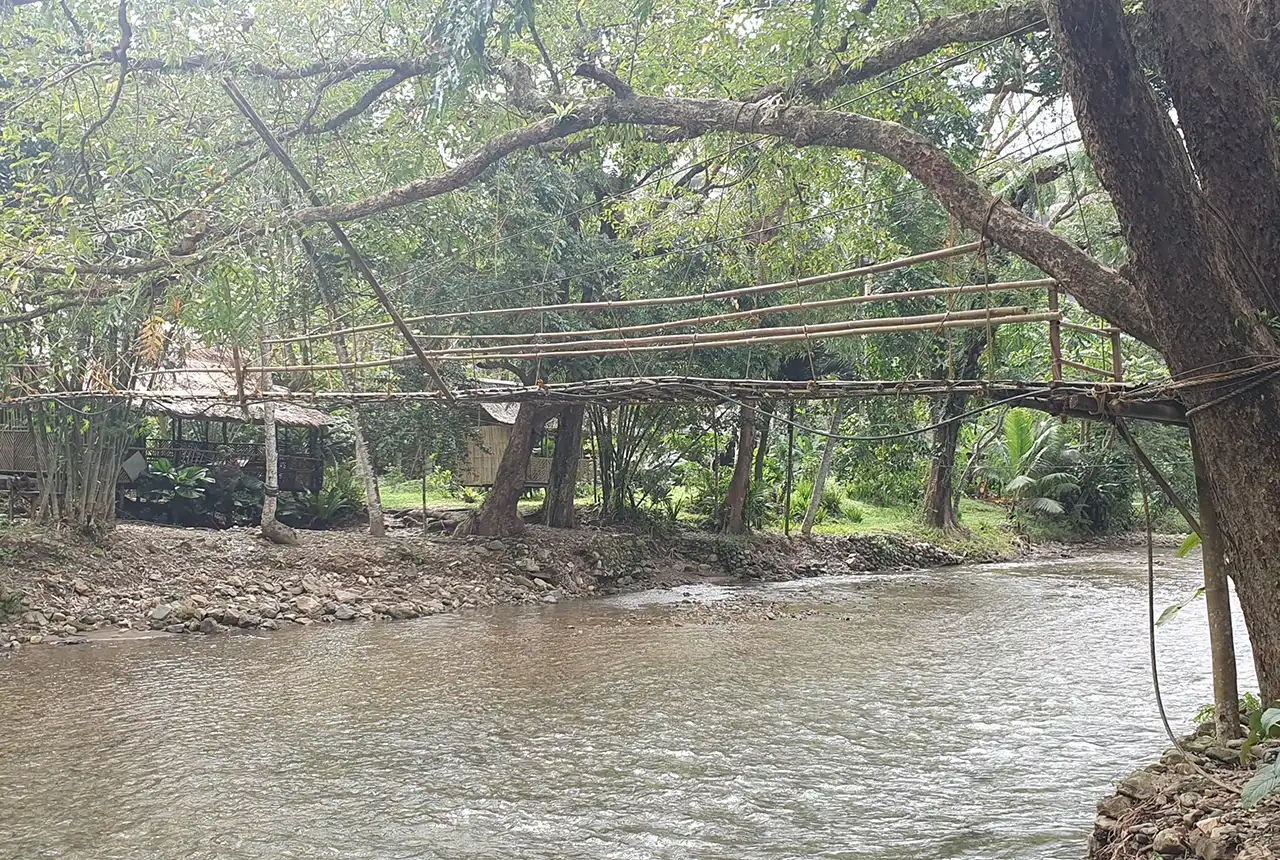
UK–Philippine partnership to help tackle the challenges of future water security in the Philippines
07/11/2024
New ‘hydrological hub’ to foster research and provide essential national water management datasets and tools.
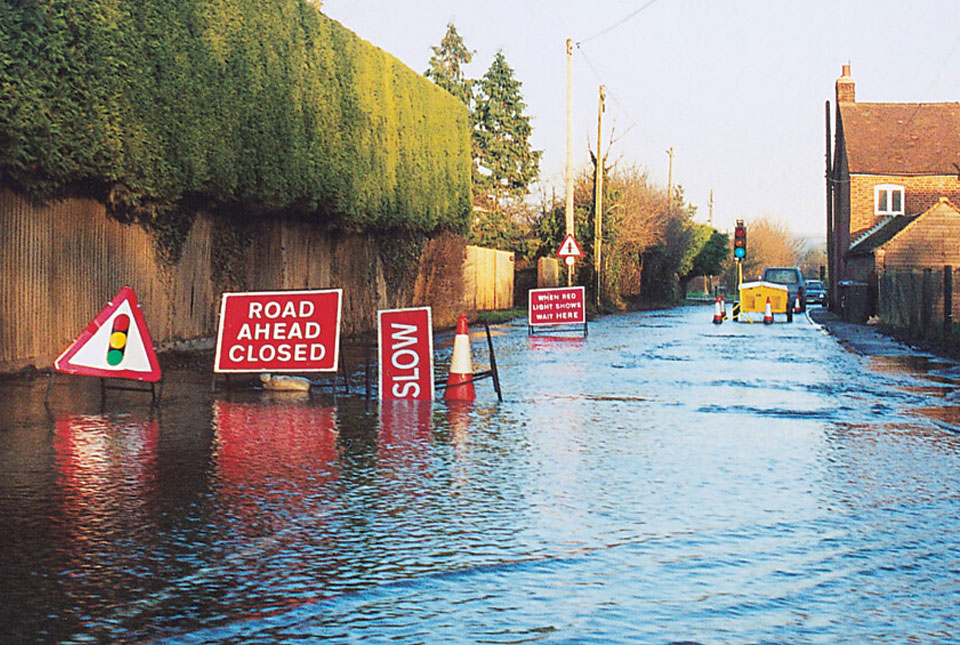
BGS Groundwater Flooding Susceptibility: helping mitigate one of the UK’s most costly hazards
25/09/2024
Groundwater flooding accounts for an estimated £530 million in damages per year; geoscientific data can help to minimise its impact.
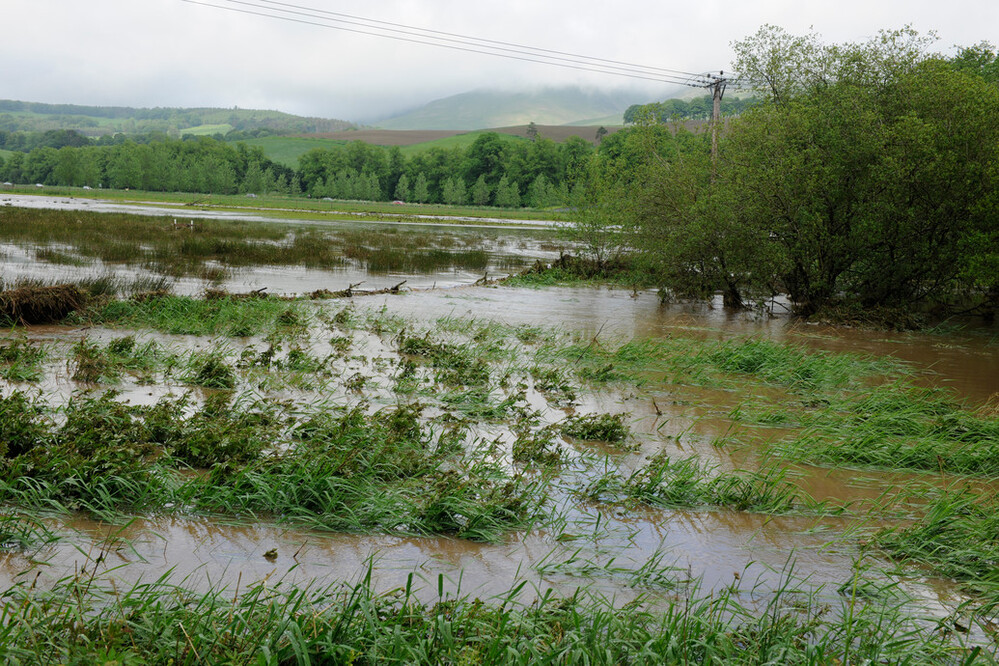
New £38 million project to reduce the impact of floods and droughts
02/09/2024
BGS will take a leading role in efforts to better predict the location and effects of extreme weather events.
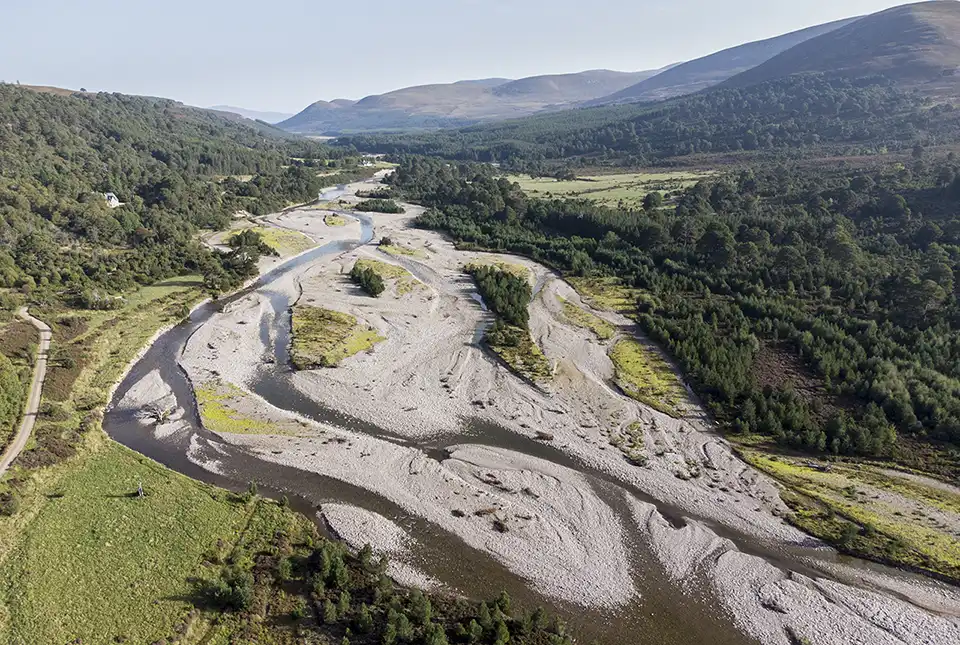
Warnings for Scottish farmers and distillers as new data indicates climate change may double number of droughts
23/07/2024
The agricultural and distilling sectors could face significant challenges after research finds the number of droughts in Scotland may double in the next 25 years.
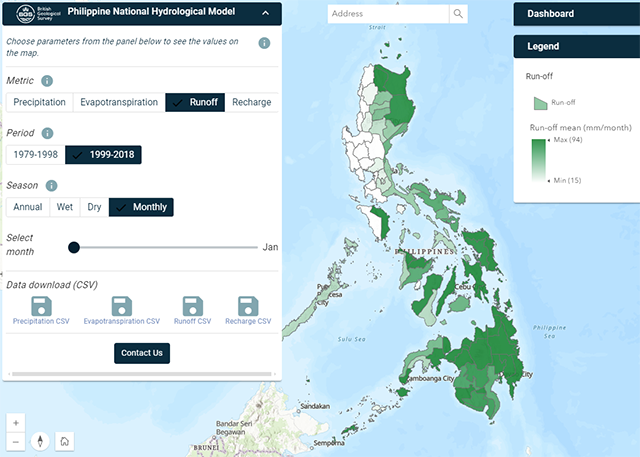
Philippine Hydrological Model
The first national-scale hydrological model of the Philippines.

Glacial, periglacial and permafrost modelling
Glacier ice and permafrost have important implications for global water security and energy infrastructure
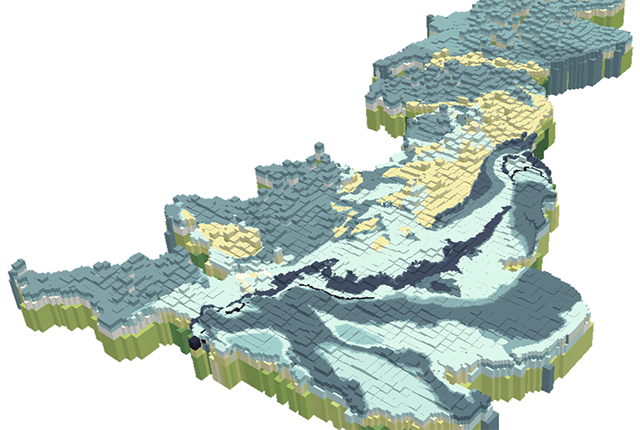
British Groundwater Model
A unique tool for simulating groundwater resources at the national scale.
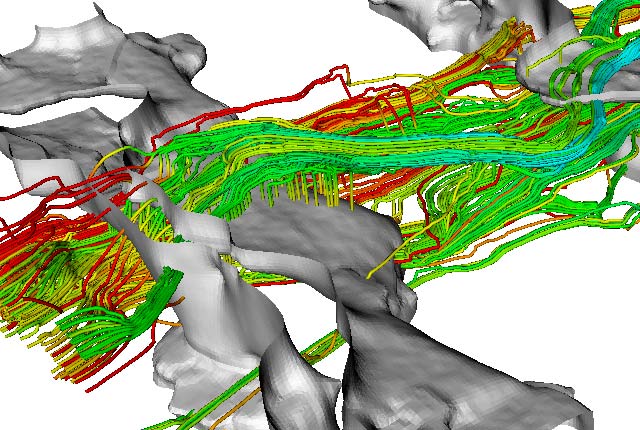
Environmental modelling
Advancing the understanding of environmental systems through innovative modelling techniques and interdisciplinary research.


